Overcoming waves of crisis and heading toward global standards
Kakao Page is the No.1 premium web literature platform in Korea. With a phenomenal 'Wait-or-Pay' business model, the top story entertainment platform revolutionized the Korean content market where webtoon and web novels were considered free content. Kakao Page's annual turnover is expected to surpass 500 billion KRW in 2020 and expand into the U.S and Japan, international IP story business headquarters, as well as China and Southeast Asia.
The above is a brief explanation about the current Kakao Page as of 2012. Even a summary is already enough to make us aware of the presence of Kakao Page. However, the platform has tasted all the sweets and bitters of life, more than anyone among Kakao partners. We interviewed two Krews who have tided over so many hardships together with Kakao Page and hear stories about its start and frustration, the courage to resume, and vision as a global player.
# We were not a webtoon/web-novel company.The origin of Kakao Page goes back to one day in 2005 when Joy (the present CEO), Charlie (the current Chief Platform Officer), and Jerry (the present CSO) hit it off well and decided to start up a content company. They focused on company work during the weekdays and planning a new business on the weekend. When those moments piled up, iPhone entered the Korean market. The three young men felt the transformation era intuitively and decided to set their departure to the end of 2009.
Here is Jerry's recollection. "Joy went visiting his mentor Brian to seek business advice. Brian predicted that there would be an aseismic change in terms of the two 'C's: 'Communication' and 'Content.' First, scattered communication methods such as phone calls, PC messenger, text message, or e-mail would be integrated on mobile and open up new opportunities. Second, the content revolution would break out in the App Store ecosystem. Brian proposed us to join IWILAB (the name of the direct ancestor of Kakao) in the form of EIR (Entrepreneur In Residence). That's how we started a content business."

Shortly afterward, KakaoTalk was launched, and a small startup IWILAB had to concentrate all of the capabilities on KakaoTalk that grew explosively. The content business was naturally sidelined in Kakao's priorities, and the company decided to spin off relevant departments to pursue the content business. 'Podotree' was established this way in the summer of 2010, aiming to "target the global market in early stages by showcasing the world's highest level of apps in the areas of learning materials, books, toys and the like."
Luckily, Podotree began on the right foot. It collaborated with well-known publishers to release educational content such as biographies. Its follow-up project, the English vocabulary app, came into the world to top the App Store apps list. The sequel of this vocabulary app, made up for shortcomings in partnership with a Japanese publishing company, took first place in the Japanese App Store market.

Less than a year after the company was established, the number of apps released was more than 50. Castle, whose employee identification number is 2, remembered those days as "the time when developers, including himself, burned with passion and never got tired." He used to work as a server developer at his last job and joined Kakao while dreaming of a new opportunity possibly ushered in with iPhone. Castle said, "One developer took charge of one app. Just like a studio, each one was responsible for one project."
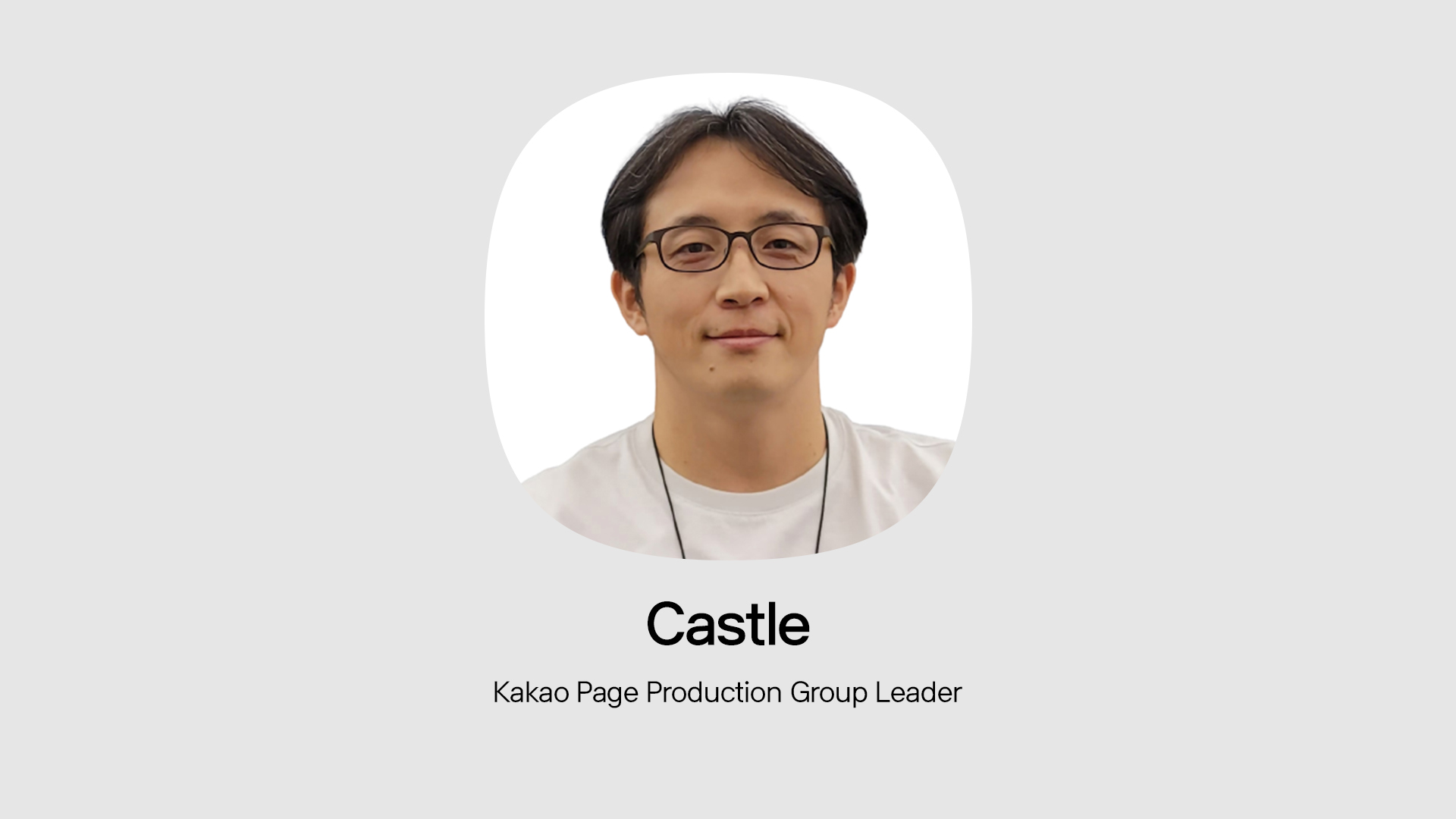
The high spirit didn't last long. The idea of a ' one-dollar-app that enables 100 million downloads' required grandiose marketing budgets in a fiercely competitive App Store environment, which sapped both morale and profitability. During the 'CHANGE' workshop held in early 2012, Podotree, then hovering between life and death, decided to simplify its business that had divaricated in directions into the 'mobile content open market platform.'
# 'Kakao' that seemed as if it were the master key
A large number of colleagues who had gotten on board with this global business left the company. Jerry remembered that moment as "the toughest times after its inception." The situation was painful, but they couldn't help but move forward for survival. The days when they composed business plans and revised them continued to drag on.
Half a year later, Podotree was able to propose an intermediary platform business model for partner-generated content. Unlike the previous model, the new one did not provide a way to sell content directly. Instead, it enabled partners to produce content efficiently and even conduct packaging with its authoring tools. More than 800 Contents Providers (CPs) entered the platform due to the news that they could utilize KakaoTalk's traffic as well as friend-suggestion function. Also, an exclusively new series of celebrity cartoonists, as well as mega-rounds from investors, ensued. It was indeed a brilliant start for Kakao Page 1.0.
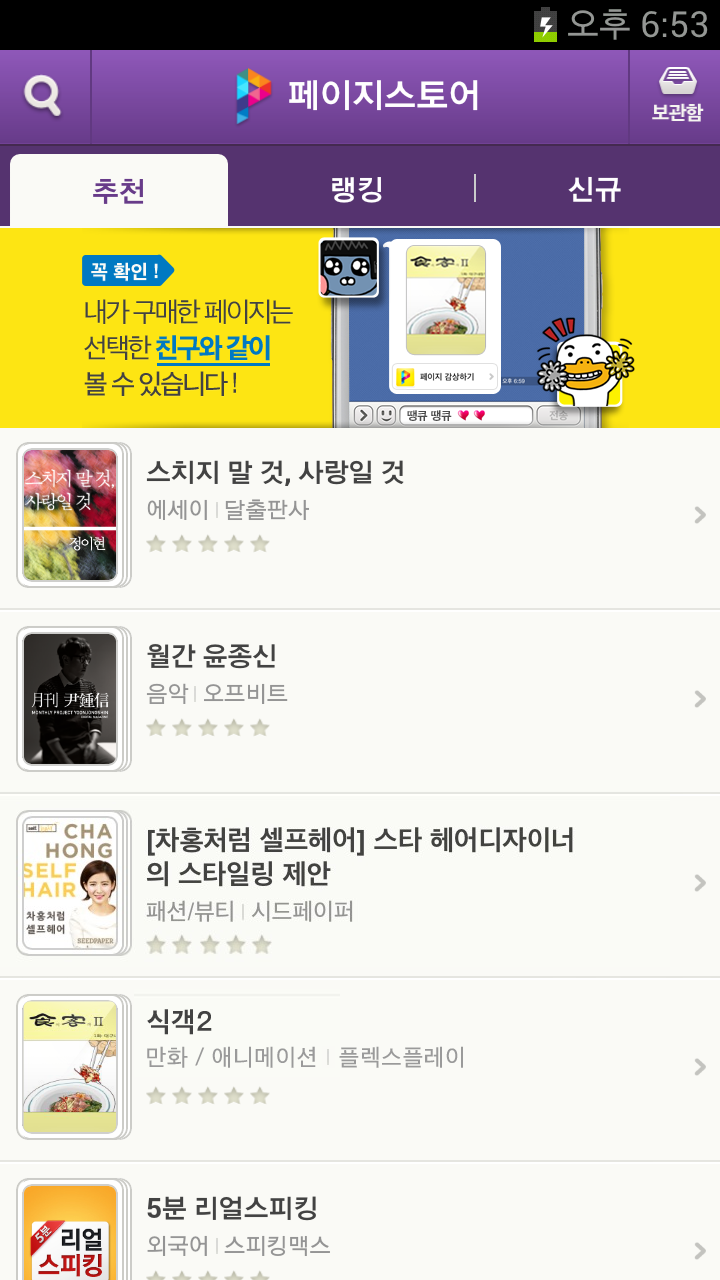

The heated atmosphere was soon damped down. On its launch day of April 9th, 2013, Kakao Page recorded a daily revenue of 1 million KRW. At the turn of the week, the daily transactions plummeted to 100,000KRW. The 'KakaoTalk leverage effect' was nothing but an empty dream. "We were overly obsessed with the thought that services by Kakao should be novel. That was why we prepared massive content that might burden users in the then smartphone specs or communications environments. Not only we, the business operator, but also CPs were hit hard. Besides, our authoring tools fell short of expectations," Jerry confessed.
Podotree gathered CPs only a month after the launch of Kakao Page and announced the restructuring of the platform. It was a time to admit the failure of its ambitious start in one way and to bow down its ears to devastated partners' denunciations in the other way. At its core, the restructuring attempted to sell content on an episode-basis. It was the time when volume-based sales prevailed, so the management repeatedly implored to adopt the episode-selling model. Podotree provided the photo-printing service 'on the side' for 'survival during the preparation period.'
In September of the year, Kakao Page 2.0 was released based on the episode-selling model, starting with <Moonlight Sculptor> and many decent contents. Its daily transactions sored to 20 million KRW but plummeted shortly. The emoticon gift event to overcome the challenging situation was crowded with many "cherry-pickers" that did not lead to purchase.
# Finally, 'Wait-Or-Pay'
The company could barely reach the break-even point, only when the daily transaction amount exceeded 60 million KRW. Less than a quarter of the minimum daily transactions eventually put a strain on the state of the company's finances. Except for the webtoon and web-novel workforce, restructuring was inevitable for the rest. The company was on the verge of disintegrating in midair if it failed to create something that would tip the balance.
On October 23, 2014, Kakao Page, at the crossroads between a leap or a fall, introduced a new business model, 'Wait-Or-Pay (WOP),' that has contributed to establishing its current presence. WOP was a benchmark of Anipang's operating method that had already proven explosive in the mobile game market. Like Anipang, even if you don't pay for what you're reading, the platform will fill up a game item, 'Heart,' after a particular time. If you don't want to wait for that time, you can just buy hearts. Kakao Page's business model was completely redesigned, centered around 'time.'

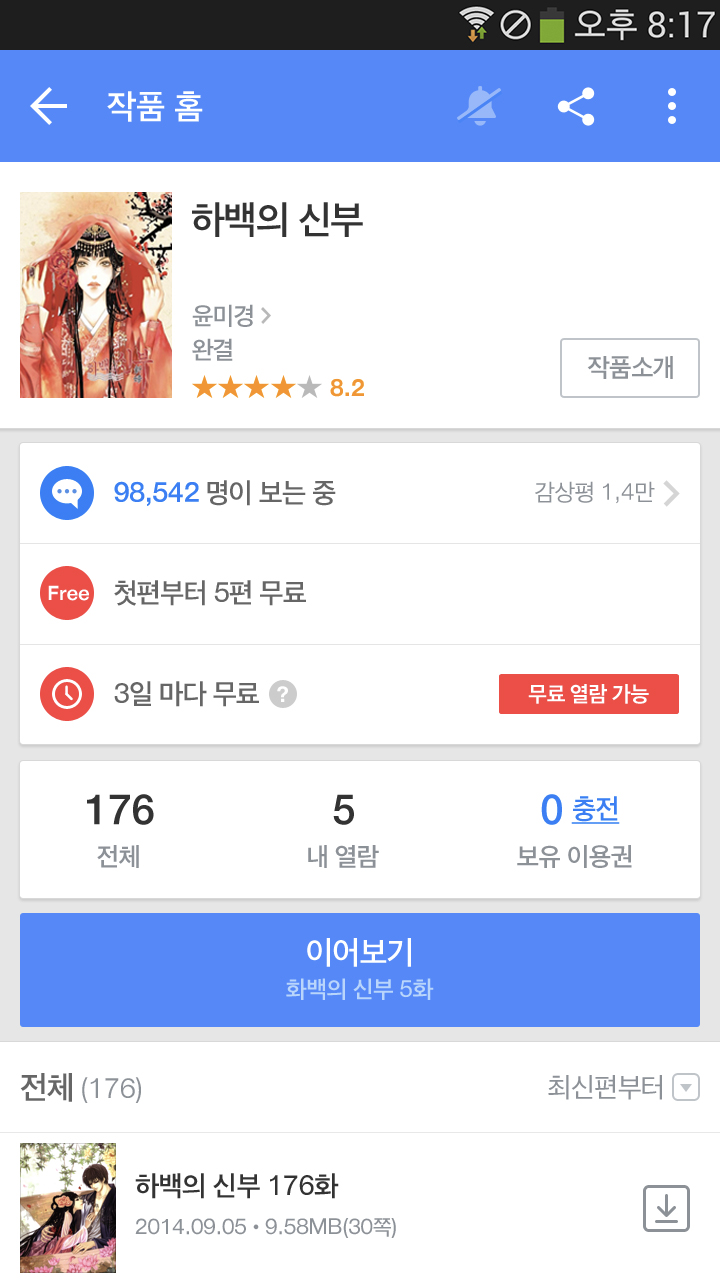
The company that had suffered dire consequences was reborn entirely afresh. The purchase conversion rate skyrocketed to 25%, from 3~4% when selling on an episode basis. One month later, Podotree recorded a monthly operating profit surplus for the first time in four years since its inception.
As transactions increased and many profitable IPs entered the platform, a virtuous cycle was also created. Kakao Page has consistently invested a significant portion of earned money into CPs, large or small, since its rebirth. This movement is based on the judgment that platform and content interact all the time.
# Maybe now is the starting pointTaking 2015 as a starting point, Podotree showcased a series of 'Novel Comics,' novel-based webtoons whose stories have already been proven. <What's wrong with secretary Kim?>, <Doctor Choi Tae-Soo>, <Daughter of the Emperor>, <Solo Leveling> and many other popular web novels were reborn with vivid images. Popular web content can gain another vitality when adapted for different genres such as film or soap opera. So did <Itaewon Class>, <Steel Rain>, <Incomplete Life>, and many other Kakao Page's original IPs.
Podotree became a subsidiary of Kakao at the end of 2015 and changed its name into Kakao Page in 2018. And then, it took over 'Neobazar,' the Indonesian content company (December 2018), and has committed to creating a bigger universe through 'Tapas Media,' the North American webtoon/web-novel platform. Not only that. By supplying proven K-contents, such as K-webtoons and K-stories, exclusively to Piccoma in Japan, one of the Kakao families, Kakao Page, significantly contributes to digitally transforming the birthplace of manga.
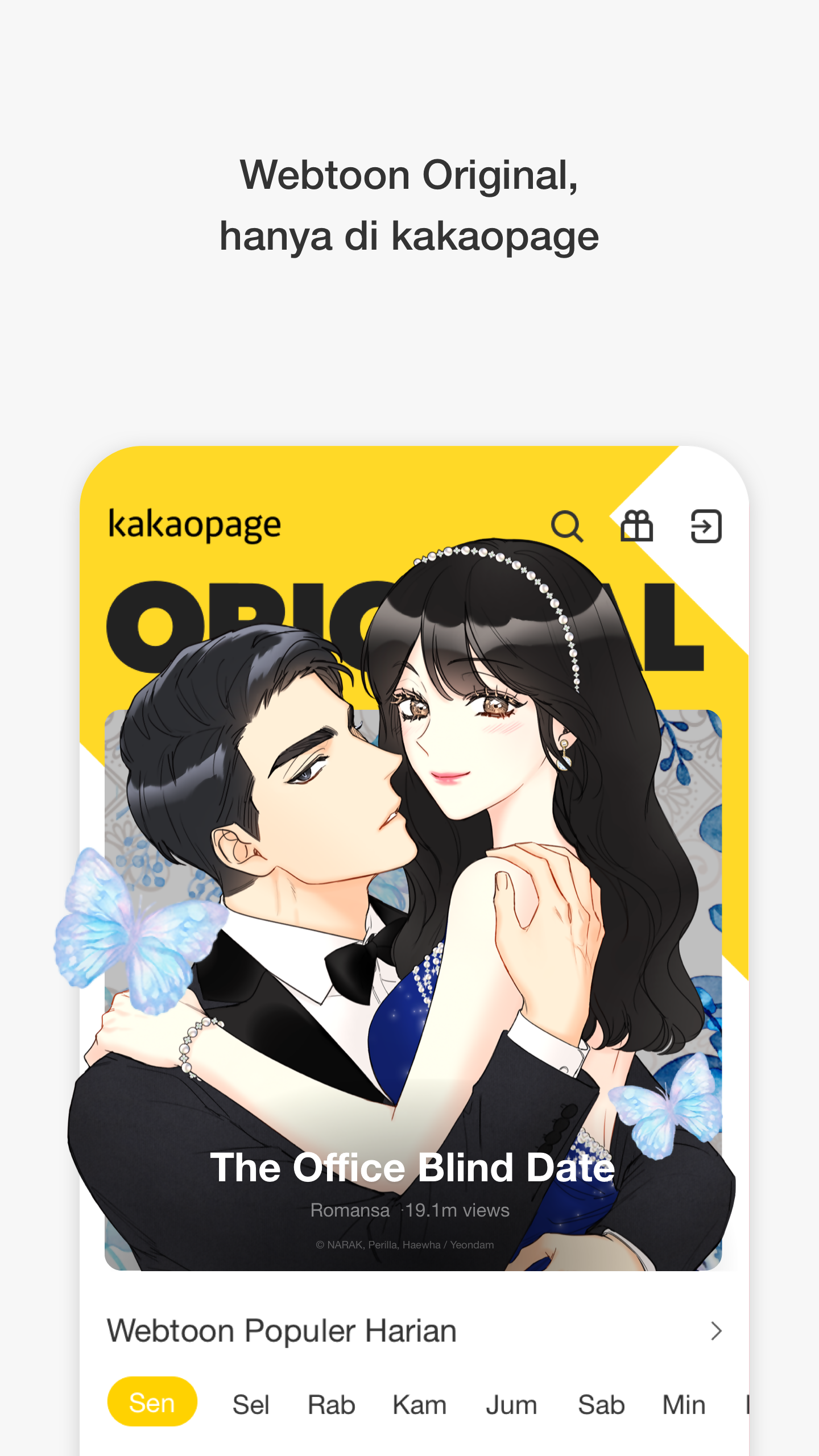
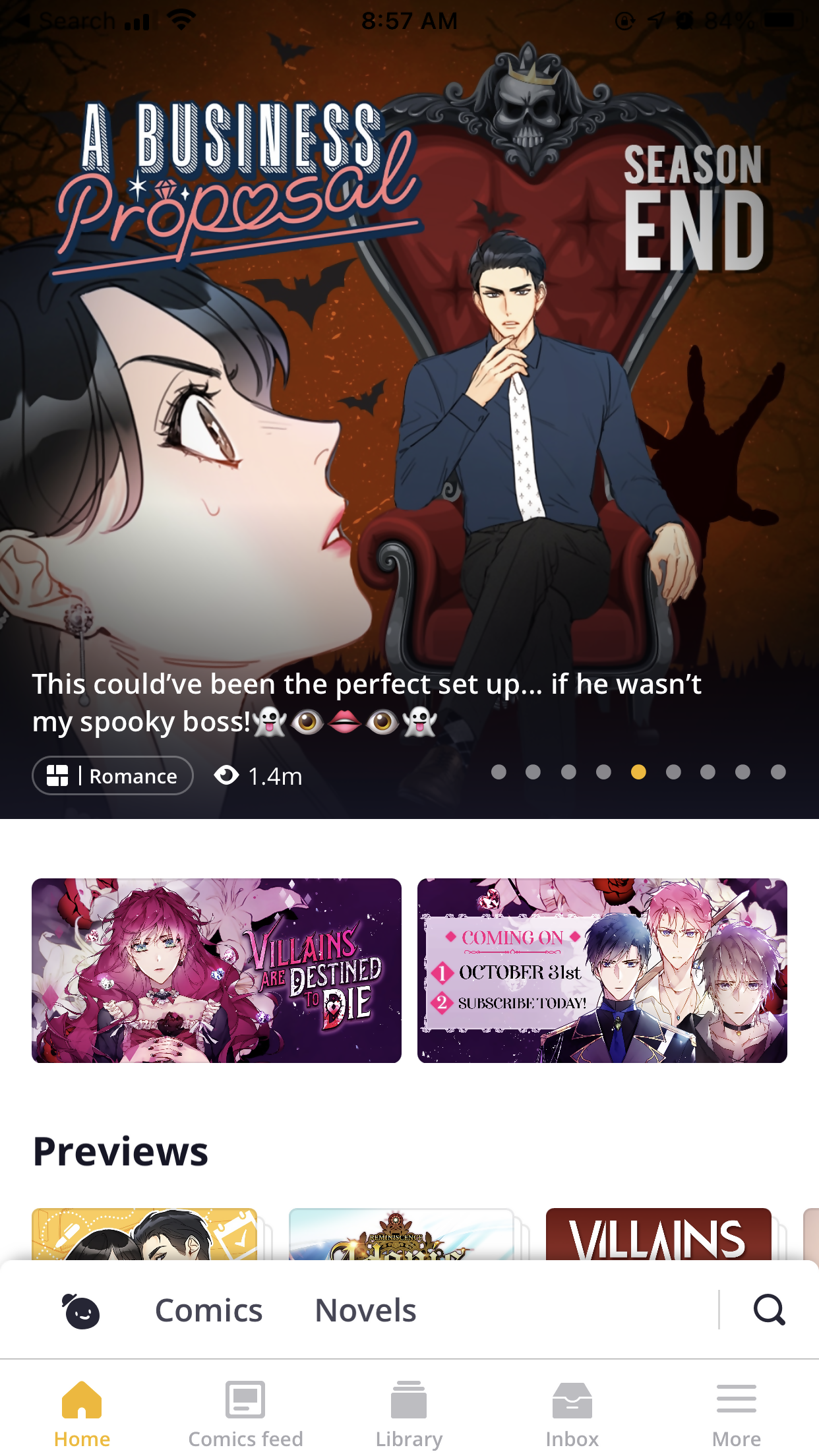
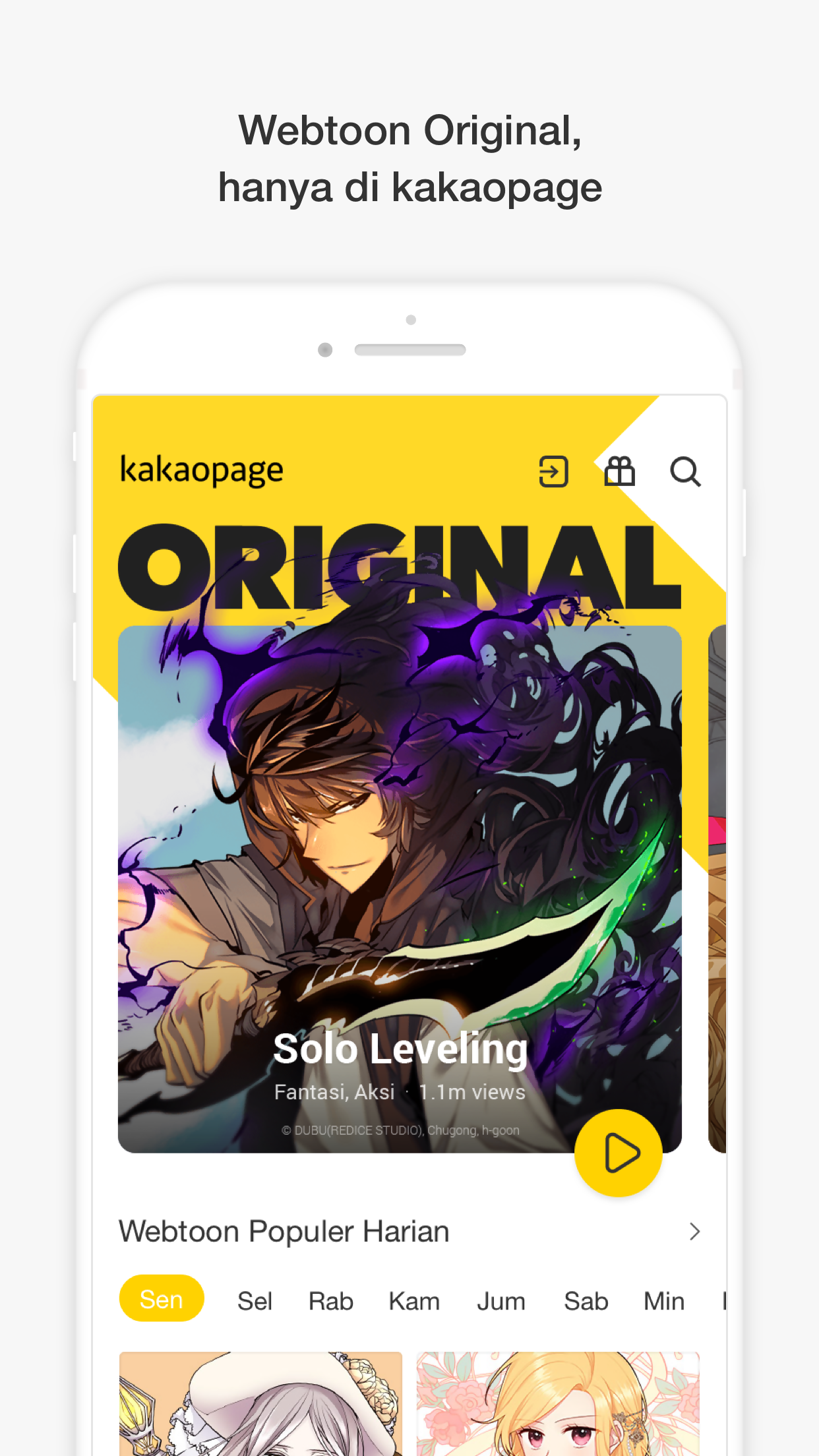
Kakao Page seems to have been in full bloom after going through harsh times, but in fact, it may have just begun the first chapter of its story.
“What if our webtoons and web novels perch themselves in the global market? What if Hollywood filmmakers turn our stories into movies? We have been developing business opportunities that Korean content creators can take by realizing these imaginations little by little. There are now so many different content options available on mobile. It is a hard reality that we should compete with global platforms for who eventually occupies the limited time of users. On Kakao Page, anyone can stretch boundless imagination, regardless of students, office workers, or professional writers. It seems as if flowers are in full bloom only after overcoming a severe ordeal. However, Kakao Page may just have written only the first chapter of its story. Woudn't it be another starting point for us, as we have now established a pathway to the world by forming the story business ecosystem?" _ Jerry

# Epilogue
"Persistence to read even uninteresting content to the end and receptivity to fully accept inputs from various authors. Let me put it this way, 'fangirling is my profession, in a good way.' That means fangirling has motivated you to strive more in your career.' But, we shouldn't pick what we like only." _ What would be the most crucial ability for a Kakao Page MD?
"Had Kakao Page 1.0 generated a little more revenue and not shattered, I guess we would never have reflected on what we did. We were horribly beaten, and that's why we could focus our capabilities on webtoon and web-novel. We didn't have the beginner's luck, which may have returned to us as a good fortune ironically. We've learned hard lessons by reflecting on our failures and seeking solutions to resolve problems." _ What would be the most educative experience among all adversities?
"If we add up the hours to read not only web novels but also blogs, Facebook posts, portal news and the like, could we say that the amount of reading is less than before? 'Less reading makes worry.' Such criticism may have come from the point of view that only intensive reading is valuable. Even with the same content, more interactions can take place if we properly change UI/UX. So, it will be the role of operators to create tools suitable for generational experiences."_ About whether Koreans' reading volume and literacy matters really
"In my opinion, the environment where we can talk openly about comics and novels within a single department played a big role. For example, the novel < What's wrong with secretary Kim?> gained popularity initially, so we swiftly prepared to showcase it again in the form of a webtoon. As appears by this case, the webtoon manager searched for one of the best studios for pictures, and the novel manager discussed conditions with the original author in real-time. If an independent team for webtoon and novel exist respectively, it would be much complicated to communicate between stakeholders." _ Why are popular 'One Source Multi Use' contents coming out one after another on Kakao Page?
"Monitoring the status of illegal distribution confirms that Turkey and Vietnam are already viewing Kakao Page content implicitly and explicitly, indicating potential extensibility. If Kakao Page succeeds in establishing itself as a trend in North America, it could accelerate a formidable presence globally. People worldwide get in contact with manwha, which is most likely to be a black and white Japanese manga version. So our colored webtoon is received visually stunning. Just ten years ago, a poorly translated pirate edition of Japanese manga was sold in the domestic black market. As I recall those days, things have really changed. Don't you think so?" _ About Kakao Page's globalization efforts
- History The Late-Mover who set milestones in the country of manga
 #manga#webtoon
#manga#webtoon - Press Release 발행일 2025.05.08 Kakao Reports Q1 2025 Revenue of ₩1,863.7B and Operating Profit of ₩105.4B
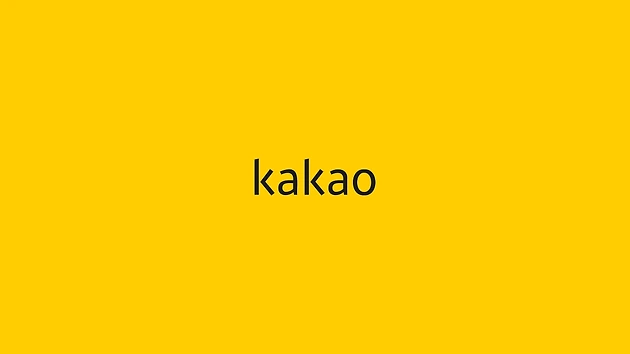 #kakao#revenue#Earning Results#Q1 2025
#kakao#revenue#Earning Results#Q1 2025 - Press Release 발행일 2025.05.08 Kakao Begins CBT for AI Mate Service “Kanana”
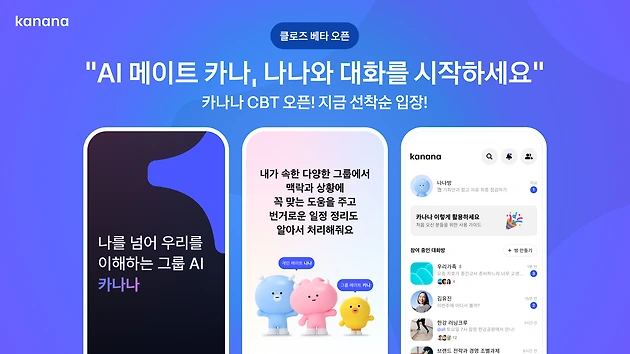 #kakao#Kanana#CBT#kakao AI#AI
#kakao#Kanana#CBT#kakao AI#AI


